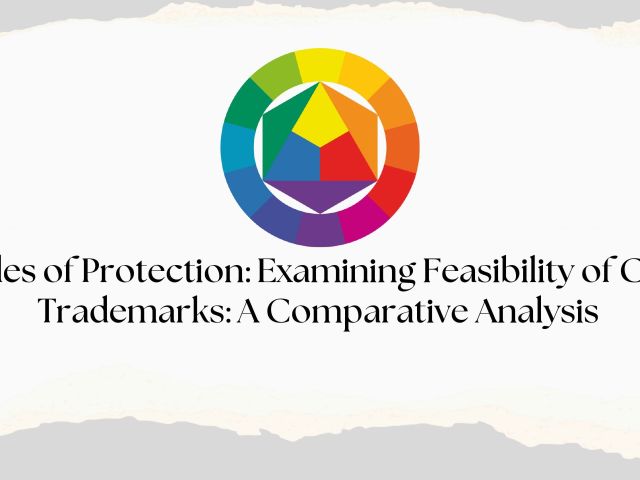Simply put, Artificial intelligence [hereinafter referred to as AI] is the theory and development of computer systems able to perform tasks normally requiring human intelligence, such as visual perception, speech recognition, decision-making, and translation between languages. This gives us sufficient understanding to question the legal proposition surrounding the Trademark Law.
Industry Leaders like Google, Facebook, and Amazon are integrating AI structure into their business operations. For example, Gmail Smart Reply suggests replies that match your style and the email you received. According to Amazon Inc., machine learning based AI systems is the future of online retail and without it, Amazon won’t be able to grow its business, improve its customer experience and selection. Amazon’s ‘Project Zero’ will use AI to proactively remove suspected counterfeits. So, AI is affecting product marketing and branding. In this post, we will be discussing the implications likely to arise in trademark law due to the use of AI.
We have come a long way from shopping at self-service stores to the revolutionary online retailing with choices based on the goodwill of the brand. Now, with the progress of AI, the buying choice is being further affected by the increasing use of social media and online retail by recommending products based on buyers profile, search history algorithm.
A trademark serves as a means to help consumers choose a product based on its goodwill. AI in the future is about to deprive the consumer of this choice and remove the consumer from the decision-making practice. Through the use of AI systems in the future, online retailers might be able to correctly envisage consumer’s need; allowing the buyers to try before purchasing them. This seems possible because AI result forecast would be enormously economical, enabling the online retailer to invest more into proficient shipping and product return infrastructure and equipment.
At present, we have products like Amazon Echo, Google Home, and Apple HomePod to serve as a personal assistant. Consider a situation where a buyer asked such AI device to make a purchase online as per the pre-programmed filter like quality and quantity. The AI assistant, acting upon it, orders a counterfeit or an infringing product. In such a case, who will be liable for secondary infringement in conjunction with the infringing product manufacturer, the buyer or the corporation to which the AI assistant belongs? The question of applicability of legal doctrines like ‘average consumer’, ‘imperfect recollection’, ‘likelihood of confusion’ and ‘secondary infringement’ becomes a point of consideration.
If the above scenario is unlikely to be true or practical, consider the role played by AI chatbots on online market places which act as shopping assistants. Most of the time, a buyer will not hesitate to communicate its requirement in order to receive recommended products and there is a possibility that such AI can influence the buyer’s decision. What if Chatbots, acting upon it, orders a counterfeit or an infringing product?
Legal doctrines like ‘imperfect recollection’, ‘likelihood of confusion’, ‘secondary infringement’ and ‘the average consumer’, etc. which form the foundation of trademark law, needs to be revised as they are centered around capabilities of human beings. AI will have neither average intelligence nor imperfect recollection. How would such standards be applied to AI or would these AI Companies and online retailers using Chatbots be at all liable for secondary infringement?
AI is also likely to influence how trademark enforcement at the Registry level. The number of Trademark Applications that are filed and registered every year in India is on the rise. Due to lack of proper harmonized and disjointed trademark offices, it is not sufficient to leave it to human scrutiny and analysis and we must incorporate AI based trademark searching and monitoring services. WIPO, for instance, has already acted on it and introduced AI-powered Image Search with the use of concept strategy which enables them to search for similar figurative elements across all IPO offices of contracting parties.
In conclusion, with the current AI advancement in place, trademark law needs to be amended to keep the law at pace with the advancement of AI system. Anti-counterfeiting initiatives, availability of quality products, discouraging monopoly, and anti-competitive measures are the crucial objectives of the Trademark Law.




